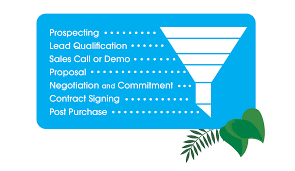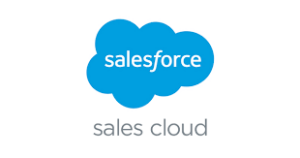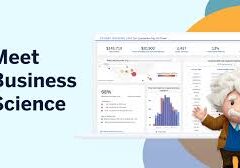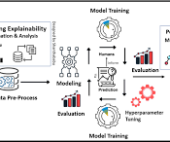Key Metrics of a Sales Pipeline ensure you measure statistics that drive the needle to results. Initiate the optimization of your sales pipeline by incorporating vital elements that span distinct stages and pivotal metrics. Here are essential considerations:
Thank you for reading this post, don't forget to subscribe!Lead Source: Determine how potential clients discover your business, whether through digital advertisements, print marketing, email campaigns, customer referrals, or alternative methods. Evaluate the effectiveness of each source in terms of conversion rates, enabling a focused approach on the most productive channels.
Industry: Identify industries where your product resonates more effectively with clients. Concentrate marketing efforts on specific industries, tailoring strategies to align with their preferences and needs.
Decision Makers Involved: Quantify the number of client-side contacts participating in the decision-making process. Customize strategies based on the roles of each contact, adapting approaches for CEOs, finance directors, or CTOs.
Deal Size: Categorize buyers based on their willingness to invest, distinguishing between those with substantial budgets and those with more conservative ones. Tailor your presentations to accommodate the budget constraints and preferences of different segments.
Probability to Close: Evaluate the likelihood of each lead transitioning into a customer. Consider factors like the sales pipeline stage, team interactions, and other criteria indicating the lead’s readiness to finalize a deal.
Ensure the adaptability of your sales pipeline design, allowing for diverse analyses and inquiries. Regularly review and adjust your template to detect data anomalies, enabling the resolution of issues in your sales funnel and the maximization of opportunities to expedite your sales process.
Key Metrics of a Sales Pipeline













